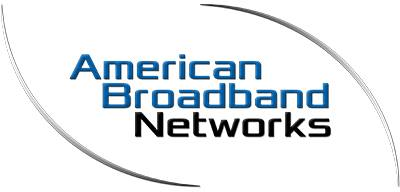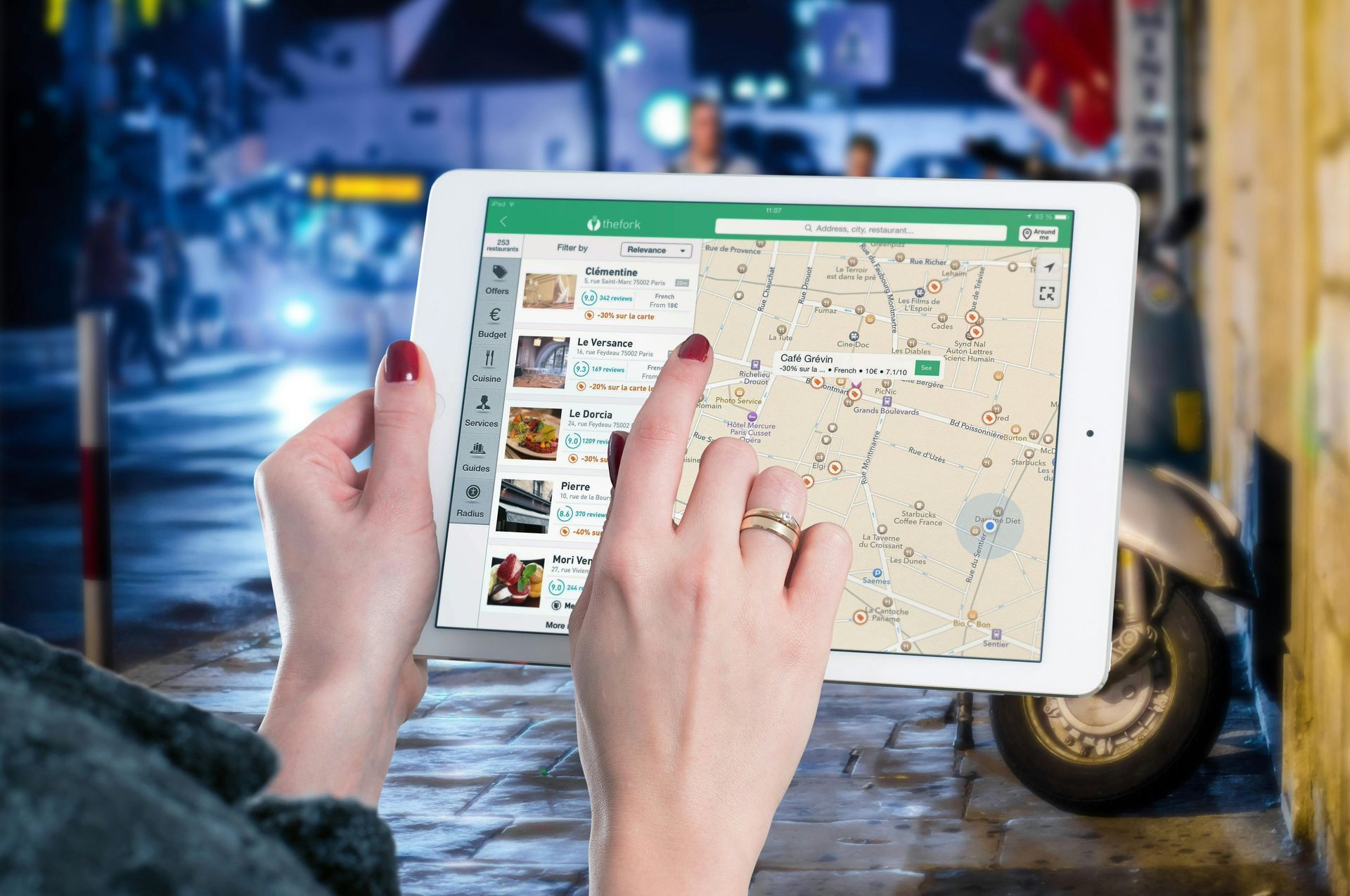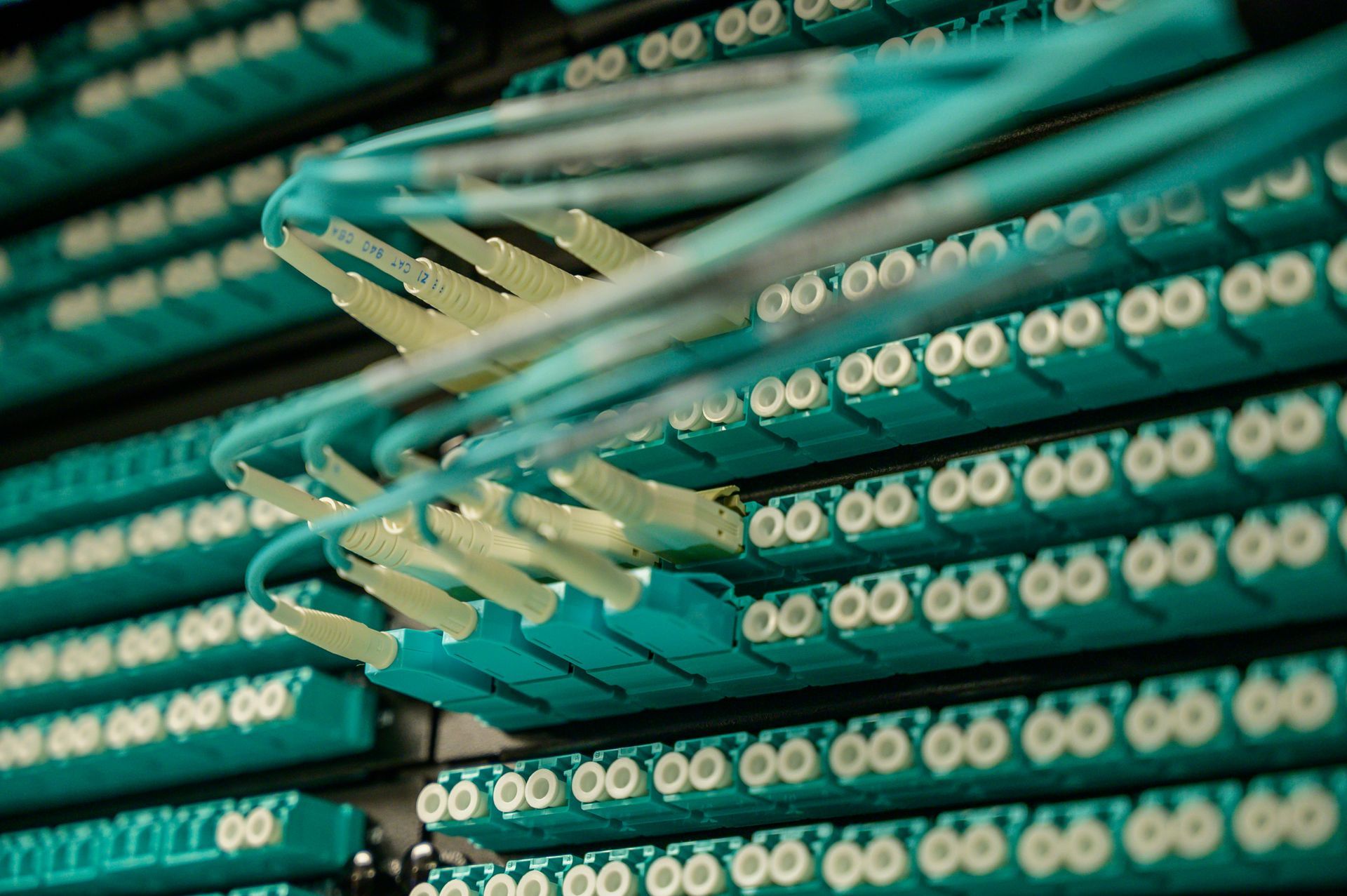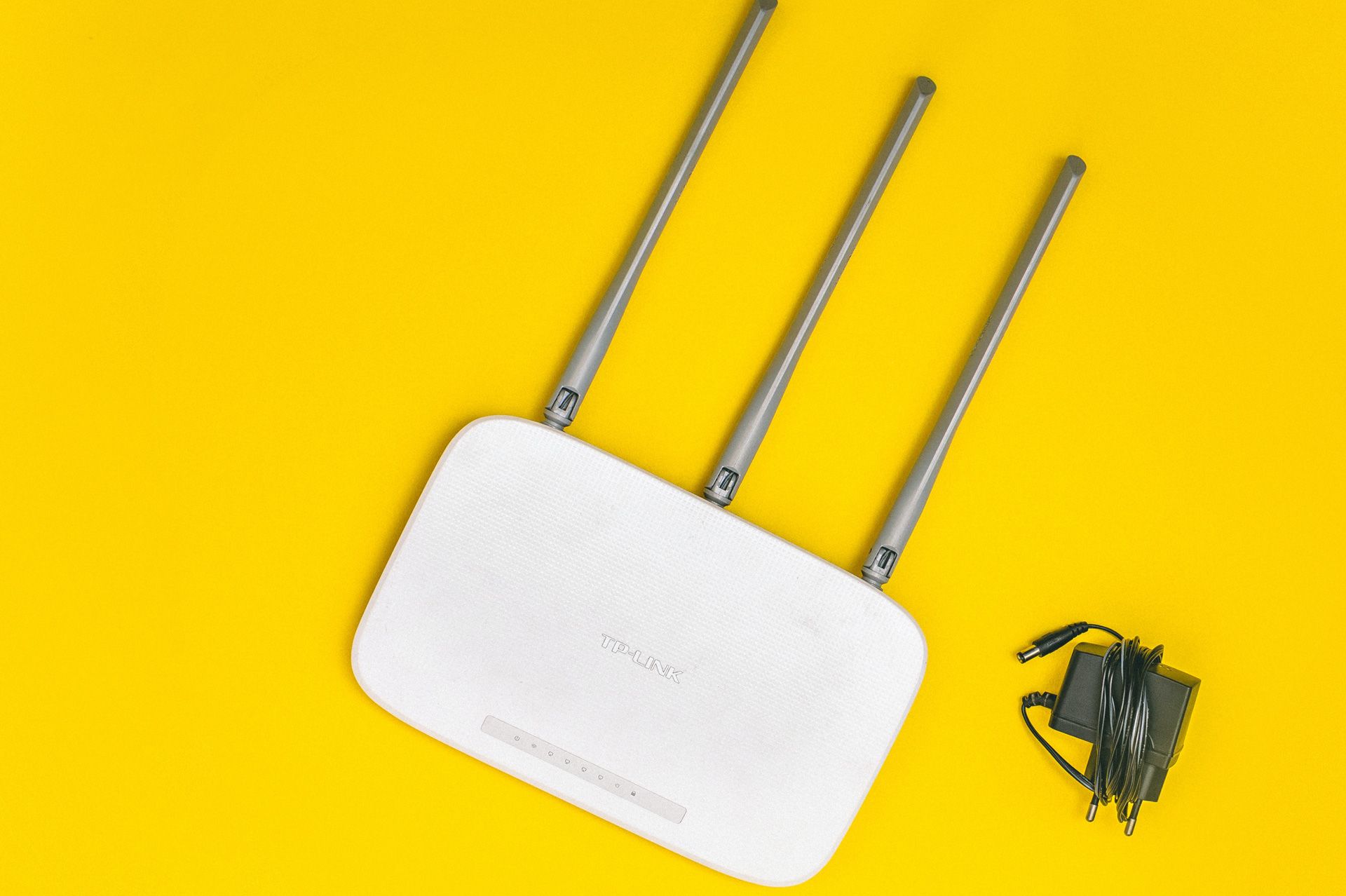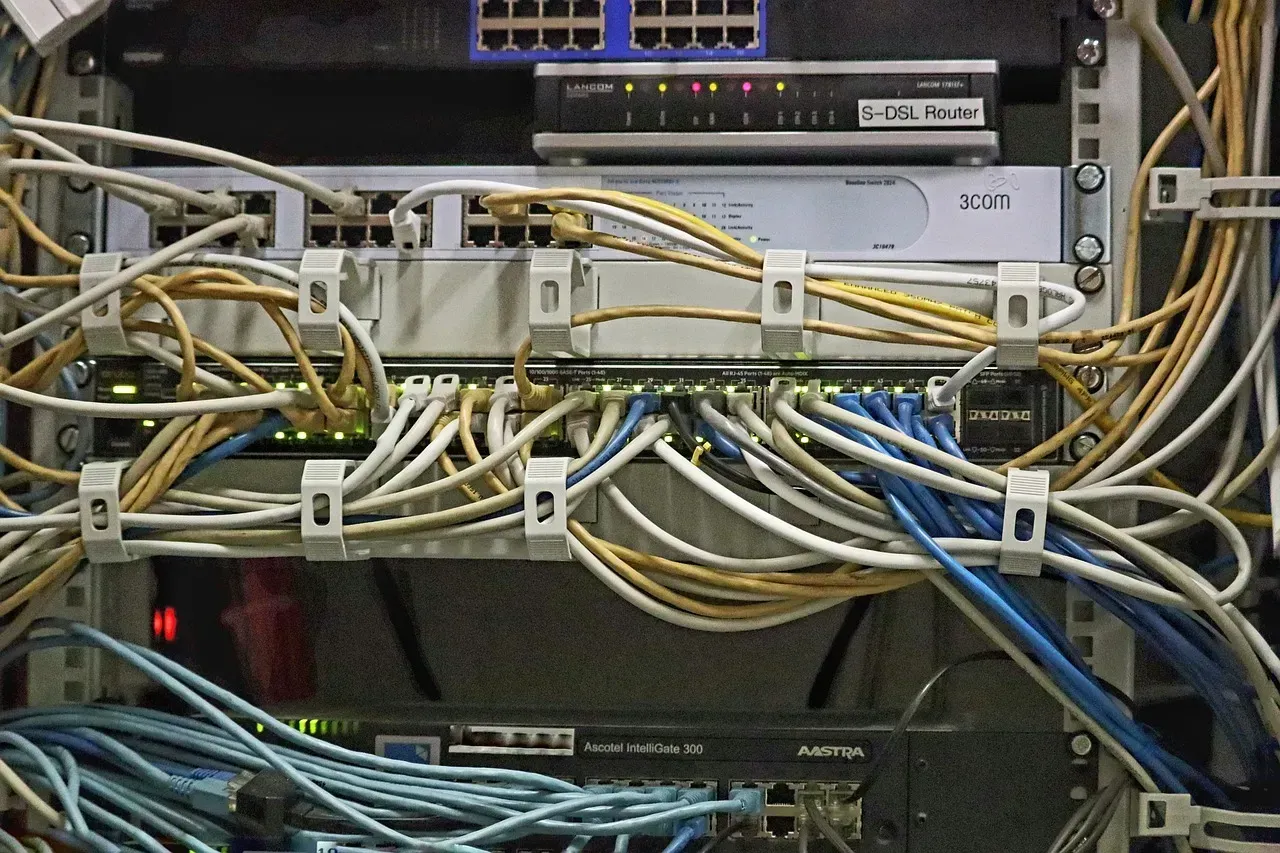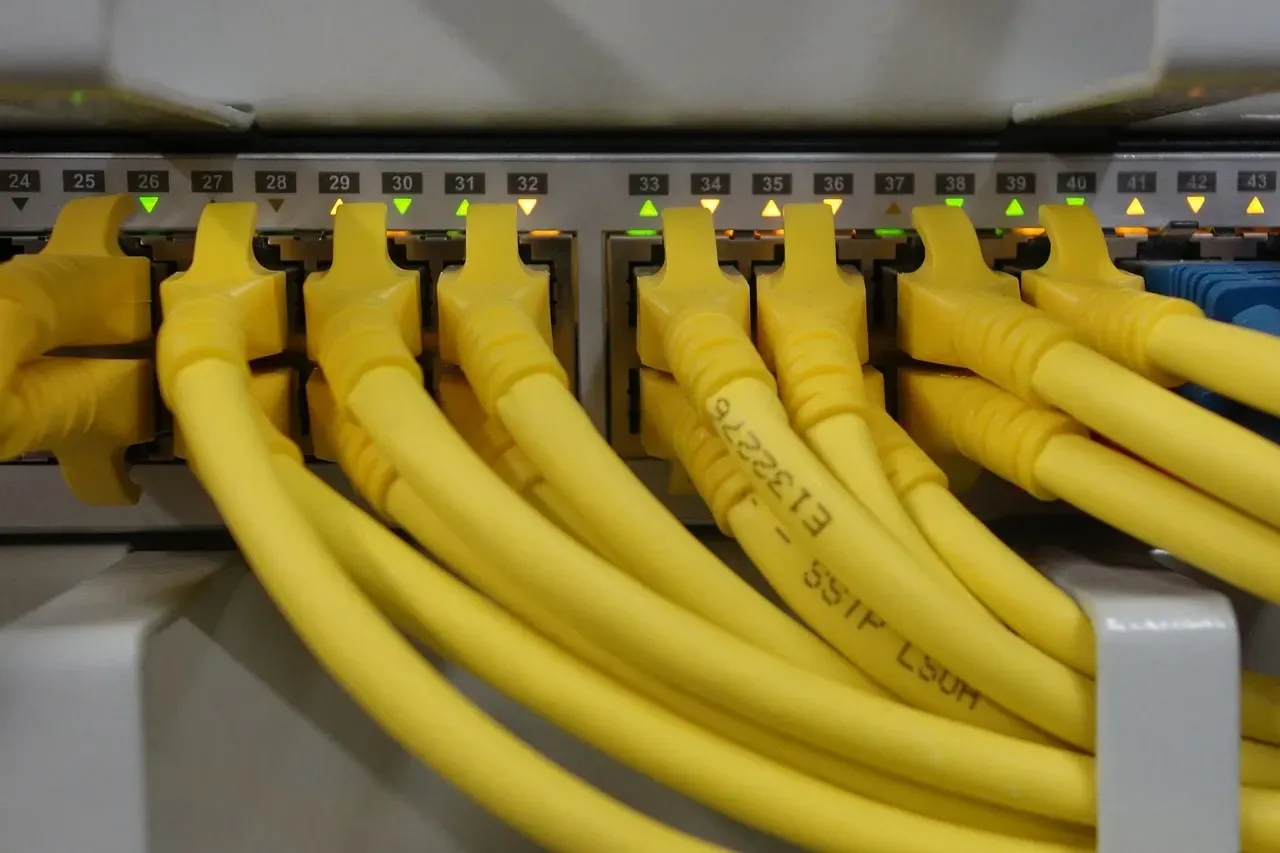What Are The Key Factors to Consider When Choosing a Broadband Provider
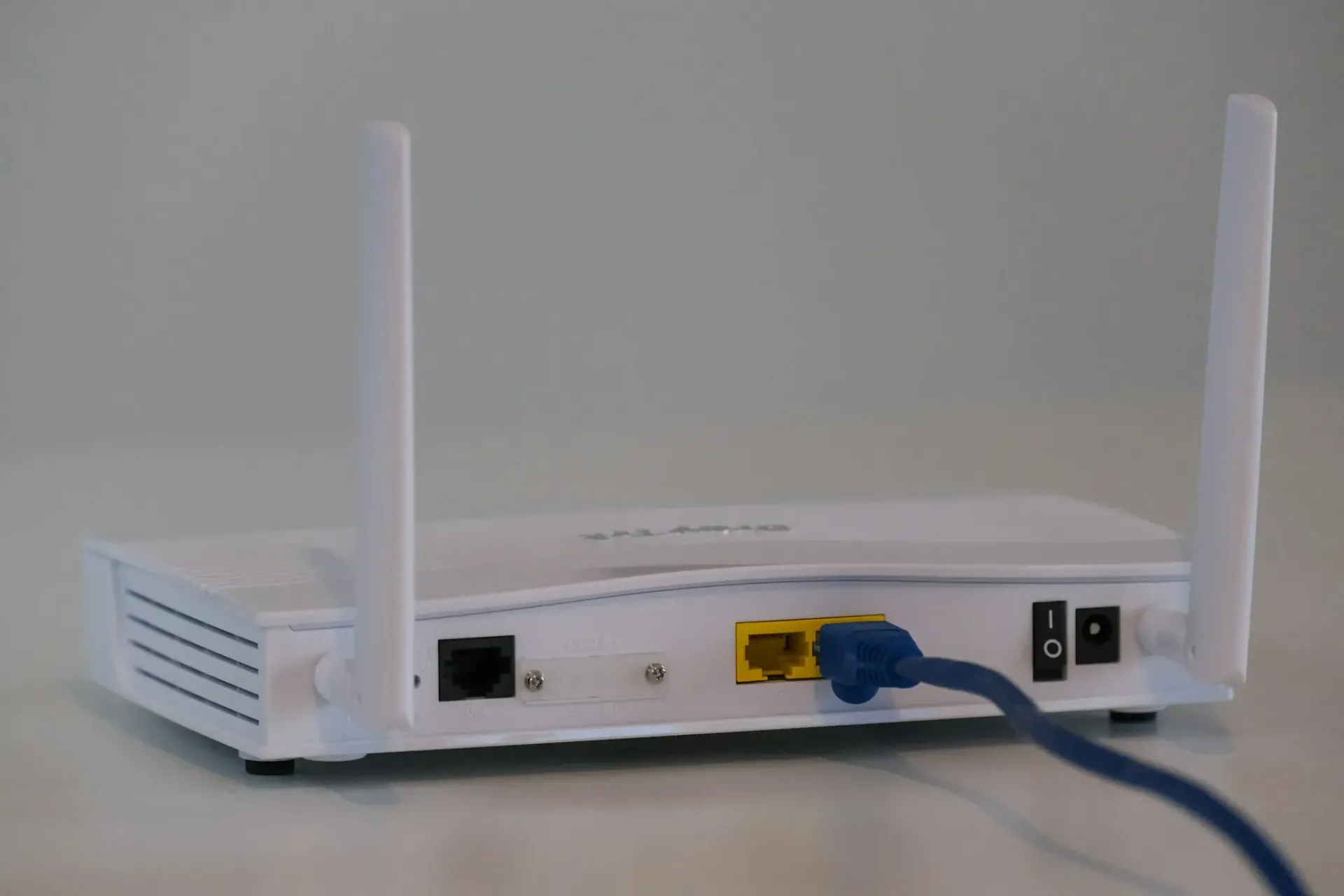
Picking the right broadband provider is more than just a convenience—it's a necessity. From streaming HD movies to remote work, our digital lives hinge on reliable internet service.
Yet, with so many options, making the right choice can feel overwhelming. It's not just about who offers the fastest speed but finding a service that aligns with your specific needs.
This guide cuts through the clutter, highlighting key factors to consider, ensuring you land a broadband deal that's just right for you. Let's start by shedding light on why internet speed and reliability are the cornerstones of a good broadband service.
Internet Speed and Reliability
Speed and reliability are critical when choosing a broadband provider. Here’s the deal: a fast connection lets you stream, browse, and download without the dreaded buffer symbol. But speed means little without reliability. Consistent service ensures your internet doesn't drop at crucial moments, like during work calls or finale episodes.
How to gauge what you need:
Start with how you use the internet. Gaming and HD streaming require faster speeds than browsing or emailing. Then, research providers’ advertised speeds versus actual user experiences in your area—these can differ.
Pro tip:
Look for customer feedback on service stability, especially during peak hours. This real-world insight can be more telling than any advertised speed.
Types of Broadband Connections
Choosing the right type of broadband connection is crucial for your online experience. Here's a quick rundown of the most common types:
DSL (Digital Subscriber Line) uses your phone line to connect to the internet. It's widely available but generally offers slower speeds compared to other types.
Cable Broadband utilizes the same cables as your cable TV. It's faster than DSL and widely available, but speeds can drop during peak usage times.
Fiber Optic delivers the fastest internet speeds by using light to transmit data. It's incredibly reliable but not as widely available as DSL or cable.
Satellite is an option for rural areas without DSL, cable, or fiber coverage. It's generally slower and more affected by weather but ensures internet access almost anywhere.
Pro Tip:
Consider your location and needs. Fiber is great for high-speed requirements, while DSL or cable might be sufficient for everyday browsing and streaming. Satellite could be your go-to if other options aren't available in your area.
Costs and Contracts
Costs and contracts of broadband services can feel like decoding a puzzle. Here's how to simplify it:
Monthly Fees: This is what you'll pay regularly for your internet service. Prices vary based on speed and type of connection. Don't be lured by low introductory rates; check what it costs after the promotional period ends.
Installation and Equipment Fees: Some providers charge for setting up your service or for the modem and router. Ask if these fees can be waived or if you can use your own equipment to save money.
Contract Length: Many broadband deals lock you in for a period, typically 12 to 24 months. Breaking a contract early can result in hefty fees. However, some providers offer month-to-month plans at a higher rate for more flexibility.
Hidden Costs: Look out for added charges like late fees, service activation, or non-returned equipment fees. Reading the fine print can save you from unexpected surprises.
Pro tip:
Compare not just the monthly rate but the total cost of ownership over the contract period. This includes setup costs, equipment fees, and any potential rate increases.
Customer Service and Support
When your internet goes down, or you're facing technical glitches, responsive and helpful customer service becomes invaluable. Here's how to ensure your broadband provider won't leave you in the lurch:
Availability: Look for providers that offer 24/7 customer support. Internet issues don't stick to business hours, so neither should your support.
Support Channels: Good providers offer multiple ways to get help, including phone, email, live chat, and comprehensive FAQs on their website. This flexibility can make solving issues faster and less frustrating.
Response Time and Quality: Fast response times are crucial, but the quality of support is equally important. Read reviews to gauge whether the provider's support team is knowledgeable and effective at solving problems.
Pro tip:
Before signing up, consider contacting the provider's customer service with a question or concern. This test run can give you a sense of their responsiveness and the quality of their support.
Additional Features and Services
Broadband providers often bundle extra features and services that can enhance your internet experience or provide additional value. Here's what to keep an eye out for:
Bundled Packages: Many providers offer bundles that include TV, landline, and mobile services along with internet. These can offer significant savings compared to purchasing each service separately.
Security Services: With cyber threats on the rise, some broadband packages include antivirus software, firewalls, and other security measures to protect your online activities.
Cloud Storage: Providers may offer cloud storage options, allowing you to back up important documents and photos securely online.
Wi-Fi Hotspots: Access to a network of Wi-Fi hotspots can keep you connected on the go without eating into your mobile data allowance.
Email Accounts: Some packages include email accounts with your broadband service, which can be a bonus for users who prefer a separate email for their online activities.
Consider Your Needs: While these extras can be attractive, consider whether you'll use them. Bundles and additional services are only worth it if they meet your actual needs and don't inflate your bill unnecessarily.
Pro tip:
Assess the value of these add-ons in the context of your lifestyle. For instance, if you stream most of your content, a TV bundle may not be beneficial. Similarly, weigh the cost of included security services against standalone options to ensure you're getting the best deal.
Availability in Your Area
Even the best broadband plan loses its appeal if it's not available where you live. Here's how to ensure the options you're considering are accessible in your area:
Check Provider Websites: Most broadband providers have a feature on their website where you can enter your address or postcode to check service availability. This is your first stop.
Use Comparison Tools: Numerous online tools and websites allow you to compare broadband deals available in your area. These tools can also provide insights into speeds, costs, and customer satisfaction ratings.
Ask Neighbors: Sometimes, the best way to gauge the reliability and speed of a service is to ask those already using it. Neighbors can offer firsthand accounts of their experiences with local providers.
Local Forums and Social Media Groups: Community forums and social media groups can be goldmines of information about broadband availability and provider performance in your area.
Consider Alternatives: If your preferred option isn't available, consider alternatives. For example, if fiber isn't an option, cable or DSL might still meet your needs. In remote areas, satellite might be your best bet.
Pro tip:
Even if a provider is available in your area, it's worth checking if there are any plans to upgrade the network soon. This could affect both the speeds you can get and the types of connection available to you.
Conclusion
In summary, consider internet speed and reliability, the types of broadband connections, costs and contracts, customer service, additional features, and cheking availability in your area, you can make the best choice that meets your needs and enhances your online experience.
Do not hesitate to compare options, ask questions, and seek out reviews to ensure you're making the best decision for your digital life.
Looking for a reliable internet service provider?
American Broadband Networks offers a wide range of internet and cabling services perfect for homes and businesses. They handle everything from setting up fast broadband networks and wiring inside apartment complexes to putting in structured cabling systems. Their team knows how to work with fiber optics and coaxial cables to make sure you get a strong and stable connection. They also set up and manage WiFi networks, making sure you're always online without a hitch. If you're moving into a new place, they can get you hooked up with internet right away.
Our Service
Contact Information
Phone: (336) 210-5445
